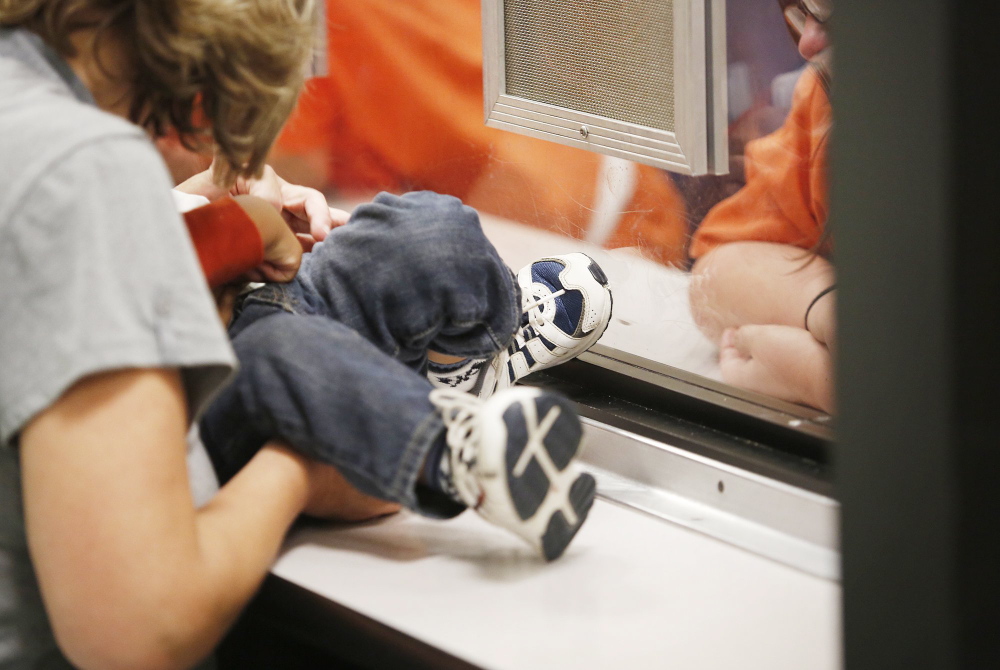Each year, thousands of low-income Maine residents are jailed because they can’t pay fines for relatively low-level offenses. The extent of this inequity is becoming clear to policymakers, who helped craft recently approved legislation that gives judges discretion in imposing fines – a reform that represents a notable step forward on behalf of vulnerable Mainers.
Over 60 percent of the people in Maine’s county jails are there awaiting trial; they haven’t been convicted of anything. And many pose no flight or public safety risk. They’re there because mandatory minimum fines are required for nearly 1,100 civil and criminal offenses in Maine, and judges can’t waive them, even for defendants who can prove that they can’t pay.
Changes to this deplorable situation were put in motion last year following a sharply worded address to the Legislature by Chief Justice Leigh Saufley, head of the state’s court system, who said: “Pretrial detention may make less dangerous people more dangerous, and we may be missing the need to detain people who currently present a serious threat of violence.”
The new law grew out of recommendations by a task force convened after Saufley’s speech. Most significantly, judges will be allowed to reduce or waive fines for simple assault (not including domestic cases), drug offenses and operating after one’s driver’s license has been suspended.
Giving judges more latitude in setting fines will restore protections to which low-income Maine residents – like all Americans – are entitled. The U.S. Supreme Court made it clear in 1983 that putting people behind bars for failure to pay is unconstitutional, ruling in Bearden v. Georgia that it creates a system of justice that punishes poor Americans more harshly than richer people for identical crimes.
According to top Judicial Branch officials, nobody in Maine is incarcerated simply for failure to pay: People who don’t pay fines are sent letters ordering them to come to court and set up a payment plan, though some ignore the letters. But to put it gently, the idea that the judicial system doesn’t target the poor amounts to splitting hairs.
People who are homeless or who lack permanent addresses – most, if not all, of whom are low-income – probably wouldn’t get the court’s letters. And the poor are disproportionately affected when judges aren’t allowed to take into account a person’s ability to pay fines.
Once people are behind bars for failure to pay, they can wind up losing their jobs, making it vastly less likely that they’ll be able to pay what they owe, return to the community and support themselves and their families. Meanwhile, the jails fill up, driving up the cost of running the facilities and increasing the workload for county correctional staff.
There’s still work to be done. For example, the original proposal was amended to remove a provision that would require the state – rather than criminal defendants – to pay bail commissioners’ fees. But this is progress – not only for the state’s judicial system but also for equal justice under law – and we’re glad to see it.
Copy the Story LinkSend questions/comments to the editors.



Success. Please wait for the page to reload. If the page does not reload within 5 seconds, please refresh the page.
Enter your email and password to access comments.
Hi, to comment on stories you must . This profile is in addition to your subscription and website login.
Already have a commenting profile? .
Invalid username/password.
Please check your email to confirm and complete your registration.
Only subscribers are eligible to post comments. Please subscribe or login first for digital access. Here’s why.
Use the form below to reset your password. When you've submitted your account email, we will send an email with a reset code.